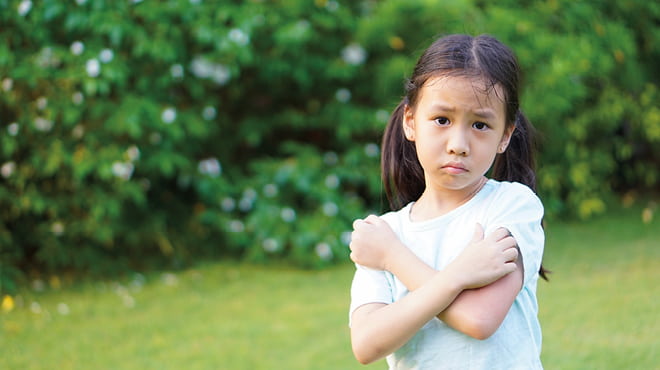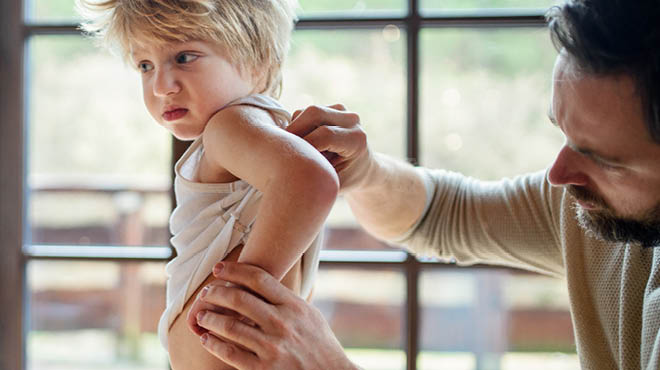Recent Posts
13 tips for managing teen acne

Acne is a common condition faced by many teenagers. Although most teens will have acne at some point, your teen still may be embarrassed by it. As a parent or guardian, it is important to take your teen's feelings about acne seriously. Acne can cause low self-esteem and lead to distress in teens. Helping your teen with acne management can make this time less stressful and decrease the long-term effects of acne.
You and your teen can follow these 13 tips to help manage or eliminate acne:
1. Have your teen use over-the-counter acne products, and wash problem areas with a gentle cleanser twice daily.
Look for products that contain topical benzoyl peroxide as the main active ingredient. Apply cleanser with fingertips, and rinse skin with lukewarm water.
2. After washing the skin, treat with a topical product containing adapelene.
Adapelene is helpful in unclogging pores and preventing new breakouts. A pea-sized amount should be applied to the entire face, avoiding easily irritated areas, such as the eyes and mouth. It also can be applied to the chest and back, if needed.
3. Avoid facial scrubs, astringents and facial cleanser masks, as well as excessive scrubbing and washing.
This can irritate the skin and worsen acne.
4. Remind your teen to use acne treatment, but only remind them occasionally.
A small study shows that fewer reminders from parents are more effective than reminding your child each day, which can be viewed as nagging.
5. Do not touch or pick at problem areas.
This can trigger acne, lead to infections and cause scarring.
6. Make sure your teen is wearing a clean face mask every day.
A dirty face mask will counteract other prevention strategies. Be sure to wash masks prior to wearing the first time. Use regular laundry detergent and hot water for washing face coverings.
7. Your teen should use shampoo every day.
This is especially needed if he or she has oily hair or problem areas around the hairline.
8. Shower after activities that cause sweat and oil production.
Exercising and wearing a hat or helmet can increase sweat and oil production.
9. Treat acne early.
It is easier to treat a few pimples than a breakout. Early treatment also can help prevent acne in adult years and reduce scars.
10. Protect skin from the sun.
Sun exposure can make acne worse, and some medications make skin susceptible to the sun's rays. If your teen is planning to be in the sun, have them apply a nonoily moisturizer that includes sunscreen.
11. Avoid excessive amounts of cosmetics.
Cosmetics can cause pores to clog and worsen acne.
12. Protect skin from items that create friction or cause pressure.
Phones, helmets, backpacks, and tight collars and straps are examples.
13. Help your teenager manage and reduce stress.
Stress can cause acne to flare.
If your teen has tried over-the-counter acne products for several weeks and has not seen improvements, schedule an appointment with a dermatologist or pediatrician who can prescribe stronger medications and help with treatment options.
Get additional tips to help your teen manage acne.
Dr. Manjunatha is a pediatrician in Pediatric & Adolescent Medicine in Eau Claire, Wisconsin.
Information adapted from the American Academy of Dermatology




